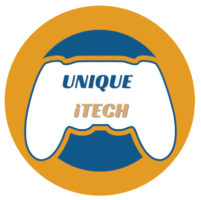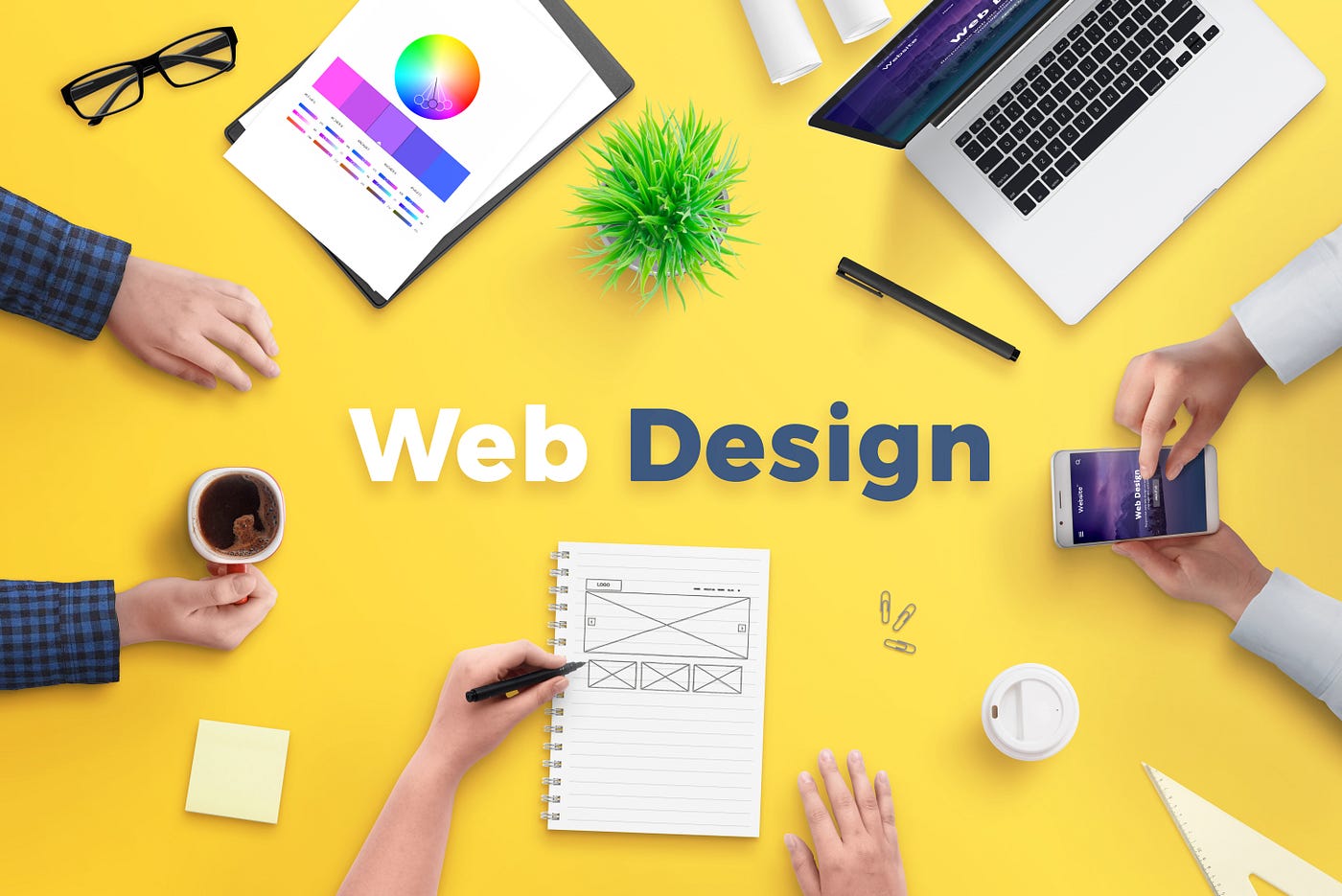Welcome to the age of dynamic websites, where captivating content takes centre stage. Content Management Systems (CMS) enable developers and founders to manage various domain names. But there are a wide number of CMS available to use and therefore, which one is the best fit for you might be difficult to decide. A web designing company provides the acumen to the businesses and enables them to choose the right content management system.
What Does CMS Mean?
CMS platforms help in the creation of a website for web designing company in uae. It can store digital data on it. To create a website on a CMS, one does not need to have technical expertise in the creation of it. Even without any technical knowledge, an aesthetically amazing website can be developed through CMS.
Most CMS platforms support a wide variety of media content. This includes images as well as videos. Even documents can be uploaded for visitors to download it. Editing or updating information on CMS is quite easy. No need for a technical guru to maintain the website via CMS.
One of the biggest advantages CMS platforms have to offer is that multiple users can work on it simultaneously. Users can collaborate together to edit or modify content on it. CMS platforms offer templates, themes, and plugins that enable customization, allowing websites to have unique designs and functionalities.
The job of a CMS platform is to make website management super easy and convenient. CMS platform makes it highly convenient for an individual from a non-technical background to manage it. You really do not need a technical expert for it.
Going for a CMS platform that fulfils your exact requirements can be quite an overwhelming thing to do. Over here, we will take you on and explore different Content Management Systems, unveiling their unique features and benefits. So buckle up and get ready to demystify the digital landscape as we dive into the world of CMS.
1. WordPress: Power and Versatility
At the heart of the CMS universe lies WordPress, an undisputed heavyweight champion. Renowned for its user-friendly interface and vast plugin ecosystem, WordPress offers unmatched versatility. WordPress can be used by any individual, no matter how proficient they are in creating websites. On WordPress, you create a fashion or food blog, or e-commerce website for your electronics or grocery deliveries. You can also create a simple and plain corporate website via WordPress if you wish to. No matter what kind of website you want to create, WordPress can achieve it.
2. Joomla: Flexibility with a Learning Curve
For those seeking a balance between power and simplicity, Joomla emerges as a compelling choice. Joomla has a higher learning curve than WordPress but more sophisticated functionality and choices for personalization. It excels in managing complex content structures, making it ideal for community portals, social networks, and e-learning platforms. Joomla’s robust permission system and multilingual capabilities further enhance its appeal.
3. Drupal: The Powerhouse for Enterprise Solutions
When it comes to robustness and scalability, Drupal takes the spotlight. Geared toward enterprise-level websites, Drupal boasts unparalleled security, advanced content workflows, and extensive API capabilities. It excels in handling large volumes of content and seamlessly integrates with external systems. Although Drupal demands a higher level of technical expertise, its flexibility and performance make it a go-to choice for complex, high-traffic websites.
4. Shopify: E-commerce Simplified
Shopify is the go-to and most preferred CMS for entrepreneurs who are into E-commerce. Reason? Well, the interface is super easy to use, it has multiple templates and the payment processing is smooth as silk. Shopify is a semi-offline store version of your e-commerce brands. It has an endless number of amazing features that an e-commerce CMS should have. Inventory management, order tracking, marketing tool integration – you name it and Shopify has it for sure.
5. Wix: Simplicity and Visual Appeal
If simplicity and stunning designs are your top priorities, Wix emerges as a frontrunner. Known for its drag-and-drop functionality and a plethora of visually impressive templates, Wix makes website creation a breeze. Ideal for small businesses, portfolios, and creative endeavours, Wix offers intuitive tools for content creation, SEO optimization, and mobile responsiveness. It empowers users with a seamless and visually captivating website-building experience.
6. Magento: Empowering E-commerce Giants
Magento is best suited for e-commerce enterprise that has a high number of transactions happening with a very large volume. It has a wide range of features from product management to customer segmentation of the intended audience. Third-party integrations are also possible with this CMS platform. Your scale of operations is in bulk? Magento is the right choice of CMS platform for you.
Conclusion
Like everything else in this world, everything has its own set of pros and cons. So does every CMS platform. Ask yourself or a web designing company in uae which CMS comes closest to matching your requirements.
WordPress offers versatility, Joomla balances flexibility and simplicity, Drupal excels in enterprise solutions, Shopify simplifies e-commerce, Wix focuses on simplicity and visual appeal, and Magento empowers e-commerce giants. Choosing the right CMS depends on your specific needs, technical expertise, and scalability requirements.
So, venture forth armed with knowledge and embark on your website development journey with confidence. Remember, a well-chosen CMS can be the key to unlocking a seamless user experience and unleashing the true potential of your digital presence.
Read About: Represent Hoodie





